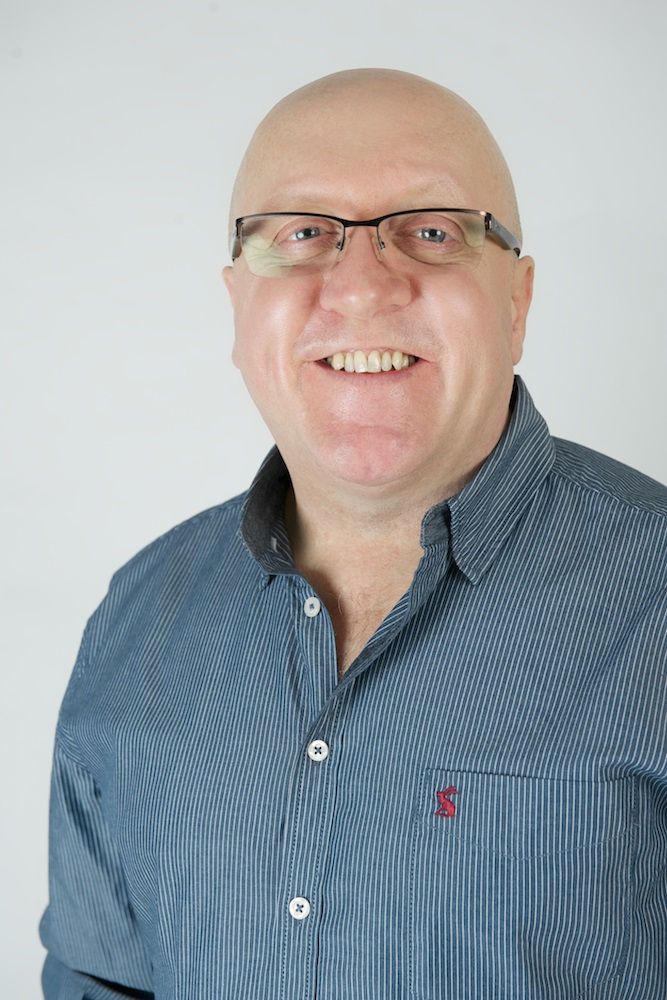What are you waiting for?
- Nov 15, 2012
- 3 min read
Obvious, when we think about it. We’re busy. We’re looking after business, family and our health... or are we?
Where is the balance in your life?
Try this. Place segments in a circle with each segment relative to the percentage of time you devote to the things youengage in. How do the segments containing ‘YOU’ and your ‘interests’ and ‘wellbeing’ – doing the stuff that is healthy and that ‘floats your boat’ compare to the segment percentages containing work, money, relationships, etc.

You can be selfish in a positive way!
More than this though is our reliance on shouldering burdens because we can. This resilience is all well and good when life is purring along, but just as with your car, you can provide preventative maintenance – or just wait for the problem to appear and take your chances.
The most common theme amongst those seeking help in counselling is the perception of reaching personal or professional crisis. We wait until we feel bad enough, reach the tipping point and our emotional ‘bucket’ is full.
Performance and relationships are affected, creativity, motivation and a sense of ‘less than’ prevail.
It is our survival instinct and our guilty pleasure because when we are challenged, pushed, and harried we have the adrenaline to force us through that difficult meeting, chore, or even to cope in our relationship. It allows us to continue despite the true desire to stop or alter our course.
The common outcome of sustaining this behaviour is painful and protracted and affects your relationships with those around you at work – and at play. Becoming ever less tolerant and more snappy; or appearing to be okay, bottling up and ‘ suppressing’ your feelings, making you physically as well as emotionally ‘sick’.
Here’s a shocker! It is unnecessary to be the wrong side of 5/10 in the stress, happiness, anxiety, performance and relationship scores (10 being negative!) to devote time and energy for you! Because this is the positive selfishness you can allow and afford yourself.
Why is this positively selfish?
As well as demonstrating love, care, and value for you, those around you will benefit too!
You and your performance and creativity can improve; interactions with loved ones – and in business improve; your general physical and emotional health improves.
We all know this, so here is the call to action.
Discover your self-care benchmark either with an exercise such as the one above, or with one of your own. If you discover you are somewhat out of balance – commit to devoting an activity to yourself; be that finding an impartial ‘listener’; re-starting a hobby or interest from the past or starting something you have always meant to do. Engage a therapy you have enjoyed or benefited from previously – or try something new.
Whispers – It doesn’t mean you are weak or have failed – It means you have succeeded!

Bob Brotchie is a British counsellor providing private services to clients in the privacy, and comfort, of a truly welcoming environment at his company office. He can be found at Anglia Counselling Ltd, located near Newmarket in Suffolk (GB). Bob also provides counselling, online, for international clients all around the world. Therapeutic models are often centred around mindfulness, with clients finding 'peace' via the integration of Psychotherapy and Cognitive Behaviour Therapy (CBT) principles.
As of 2016, Bob has also made available a free guide entitled 10 Steps to Conquering Your Anxiety for those who subscribe to his blog.




Comments